Internet.org or free basics promises to provide free internet to all. But is this all there is to this scheme? Is Mark Zuckerberg, in collaboration with Reliance Telecom, really offering internet service as a charity? Asking existing customers paying for the internet to use internet.org, in order to provide services to those who cannot afford it, sounds like a really noble deed. But it isn’t exactly what it looks like.
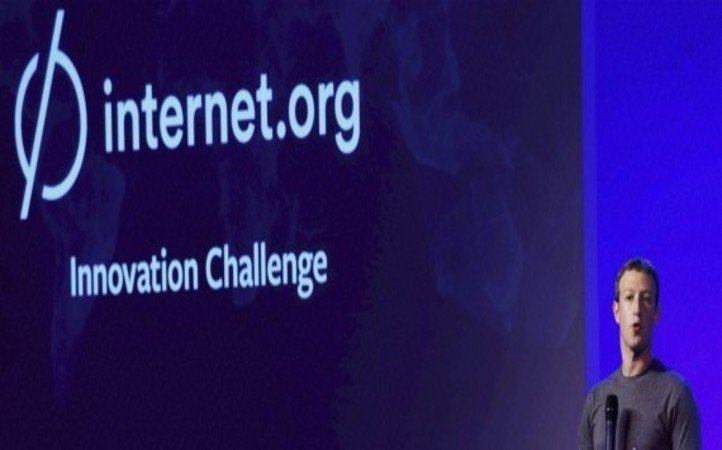
What’s wrong with it?
1. To start with, internet.org is a service available to consumers who use Internet services provided to Reliance users only.
2. It gives ‘free access’ only to Facebook along with partner platforms, which number less than 50.
3. Instead of getting everyone on the internet, this is more about getting everyone on Facebook.
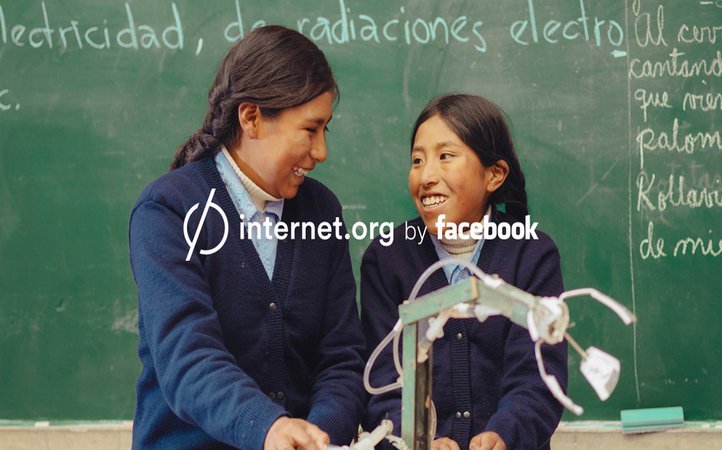
Why is it a threat?
1. As opposed to popular perception, internet.org is not really harmless for net neutrality.
2. The restriction on the number of sites that can be accessed will form a “walled garden” of internet services, as some experts claim.
3. The fact that internet.org restricts access to less than 50 sites, can kick off a very unhealthy business trend in the market by motivating others to create similar restrictive platforms.
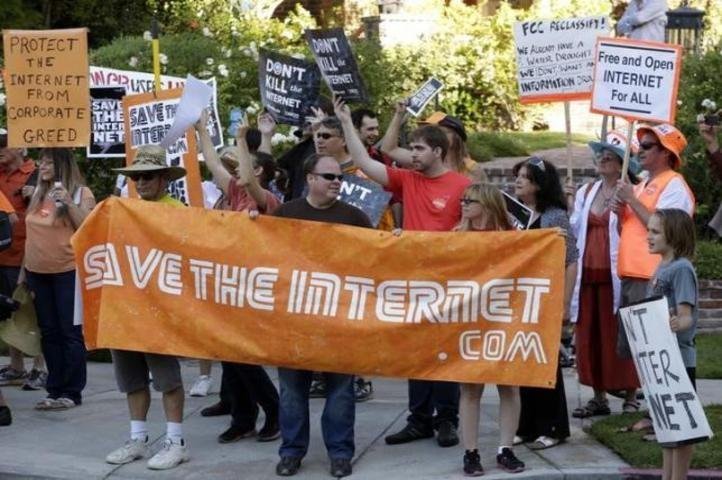
Is this really non-profit?
1. Although it may seem that internet.org puts internet access for the poor above profit for those involved, the reality is that internet.org is a business venture at the end of the day.
2. A business venture looks for profit and here the income is generated by advertising revenues on account of the outreach internet.org will provide.
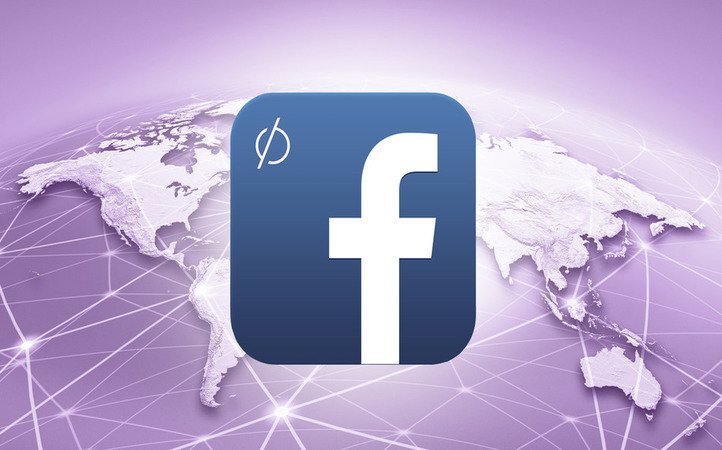
What does Reliance get out of it?
1. Reliance will get a lot of new consumers from this arrangement which will include consumers who will pay for the sites that are not on offer by internet.org’s exclusive package.
2. The internet.org website says that telecom operators are not paid for data usage, but fails to provide clarity on revenue sharing.
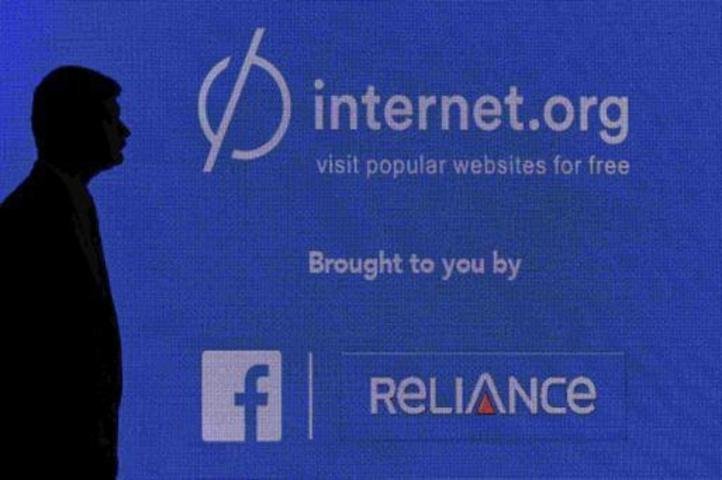
Why do people feel good about it?
1. Internet.org is emotionally blackmailing people into believing that by being on the platform they will be helping to provide a service they can pay for to those who cannot.
2. In reality, consumers are not only generating more profits for the platform, but are also giving it more power to control what people can access on the internet.
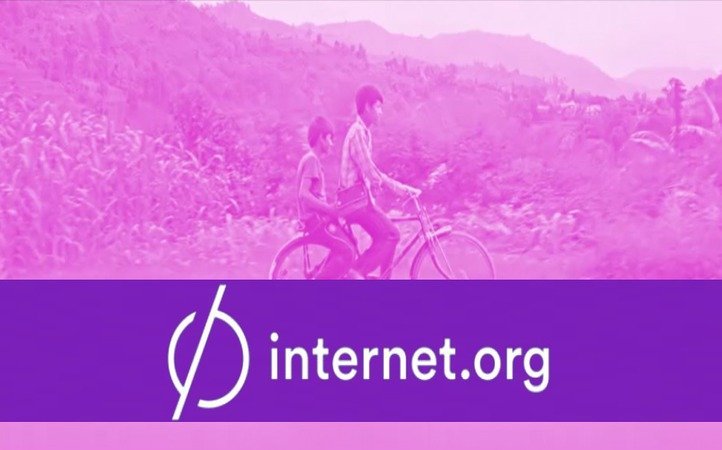
Something better than nothing?
1. While internet.org gives some internet access to those who can’t have any, it cuts them off from a major part of the actual internet.
2. Above all, if a person cannot really afford access to internet services, how will he/she possibly be able to afford a device which is needed to access even free internet?
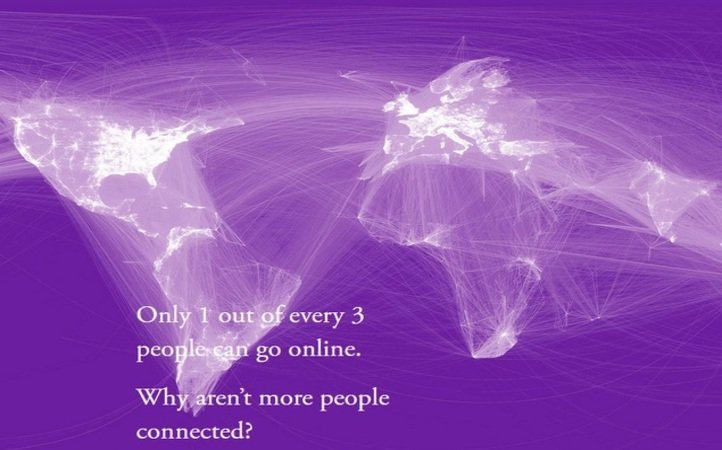
Beyond the attractive advertisements and emotionally charged marketing campaign, internet.org’s “free internet” is just like ” Achhe din “, too good to be true.
Top picks for you

















